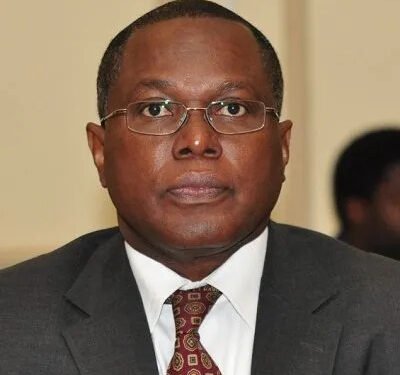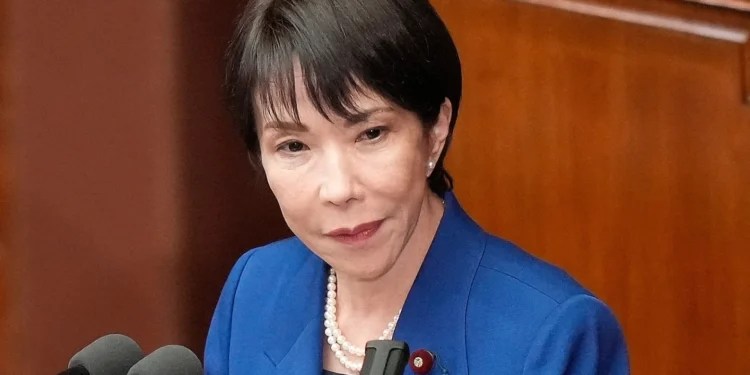The Ghana Chamber of Mines has urged government and stakeholders to adopt a collaborative and flexible approach in the ongoing review of the Minerals and Mining Act, stressing the need for a legal framework that safeguards national development goals while ensuring the sustainability of the mining industry.
Speaking at the Mining and Minerals Convention in Accra, the Chamber’s Chief Operating Officer, Mr. Ahmed Nantogmah, underscored that the process of amending the Minerals and Mining Act, 2006 (Act 703), should reflect the interests of companies, workers, host communities, and the wider economy.
“We must create a forward-looking law that is responsive not just to the needs of government, but also to industry players, communities, and the nation at large.
“This calls for greater collaboration, inclusion, and flexibility as we shape the future of Ghana’s mining sector.”
Mr. Ahmed Nantogmah, Chief Operating Officer of the Chamber of Mines
Mr. Nantogmah emphasised that the Chamber is committed to working closely with the Ministry of Lands and Natural Resources and other stakeholders to ensure that the reforms provide stability and predictability for investors while enhancing benefits for local communities.
According to him, mining has long been central to Ghana’s economy, and its continued contribution requires policies that balance fiscal objectives with investment competitiveness.

“Inclusive policies are critical to long-term stability.
“We cannot afford to pursue reforms that undermine investor confidence or weaken the ability of communities to benefit from mining activities.”
Mr. Ahmed Nantogmah, Chief Operating Officer of the Chamber of Mines
One of the key areas of concern highlighted by Mr. Nantogmah was the urgent need to improve infrastructure to support mining operations.
He specifically called for expedited development of the western rail line, which is expected to reduce logistical costs and improve efficiency for the sector.
“Importantly, the owners of trucks currently used to haul manganese should be part of this development process so that they do not lose their livelihoods when the rail system comes on stream.”
Mr. Ahmed Nantogmah, Chief Operating Officer of the Chamber of Mines
This, he argued, would create a win-win scenario by preserving jobs while modernising transport systems to serve the industry better.
Expanding Ghana’s Mineral Potential

Mr. Nantogmah further stressed the need for sustained investment in geological exploration as a foundation for Ghana’s mining future.
“Exploration is the bedrock of a thriving mining sector. Without it, our capacity to replace depleting reserves diminishes, leaving the industry vulnerable.
“Ghana must create an environment that encourages sustained exploration investment.”
Mr. Ahmed Nantogmah, Chief Operating Officer of the Chamber of Mines
The Chamber also called for comprehensive reforms to regulate small-scale mining, a sector that contributes significantly to Ghana’s gold output but remains fraught with challenges such as environmental degradation and unregulated operations.
“Small-scale mining holds great potential, but it must be properly regulated and streamlined.
“This will allow the sector to maximise revenue contributions while mitigating its environmental and social impacts.”
Mr. Ahmed Nantogmah, Chief Operating Officer of the Chamber of Mines
Another critical point raised was the need for a minerals revenue management act to ensure transparency and accountability in the use of mining revenues.
Mr. Nantogmah argued that the absence of such a framework has often led to mismanagement of resources that could otherwise drive sustainable development.
Support for Corporate Social Investments

Mr. Nantogmah expressed the Chamber’s support for innovative models of corporate social investment, citing the GoldBod’s initiative as a progressive step.
According to him, structured programs that channel revenues directly into community development projects are essential for improving the quality of life in host communities.
“GoldBod’s approach demonstrates how mining revenues can be harnessed to build infrastructure, create jobs, and improve livelihoods.
“This is the direction we must collectively pursue if mining is to truly serve the people.”
Mr. Ahmed Nantogmah, Chief Operating Officer of the Chamber of Mines
The COO reiterated that the Chamber stands ready to collaborate with government, civil society, and host communities to ensure the review of the Minerals and Mining Act leads to a stronger, more inclusive, and sustainable sector.
READ ALSO: Investors Snub T-Bills As Government Struggles to Raise GH¢6.7bn, Settles for GH¢3.2bn























